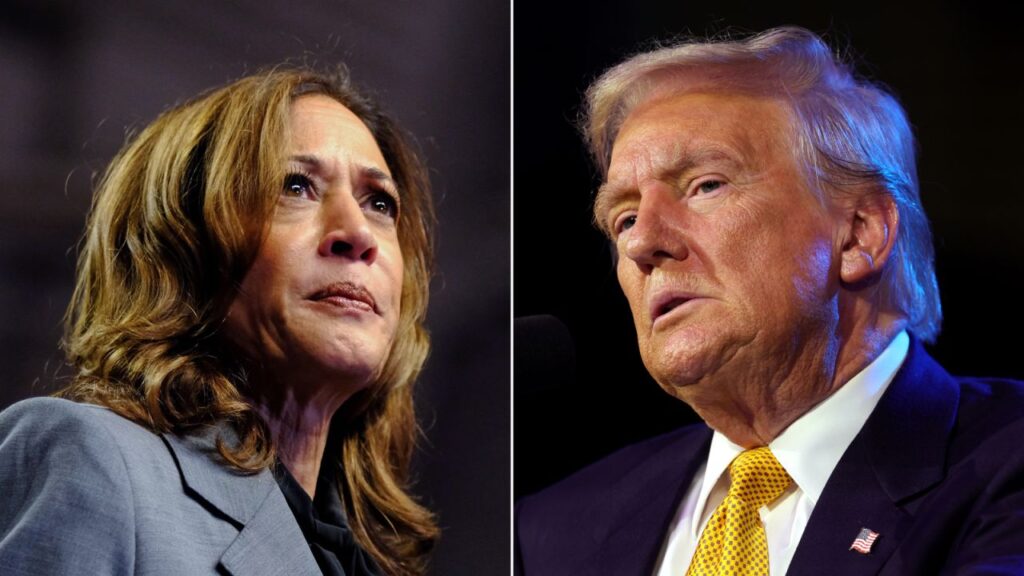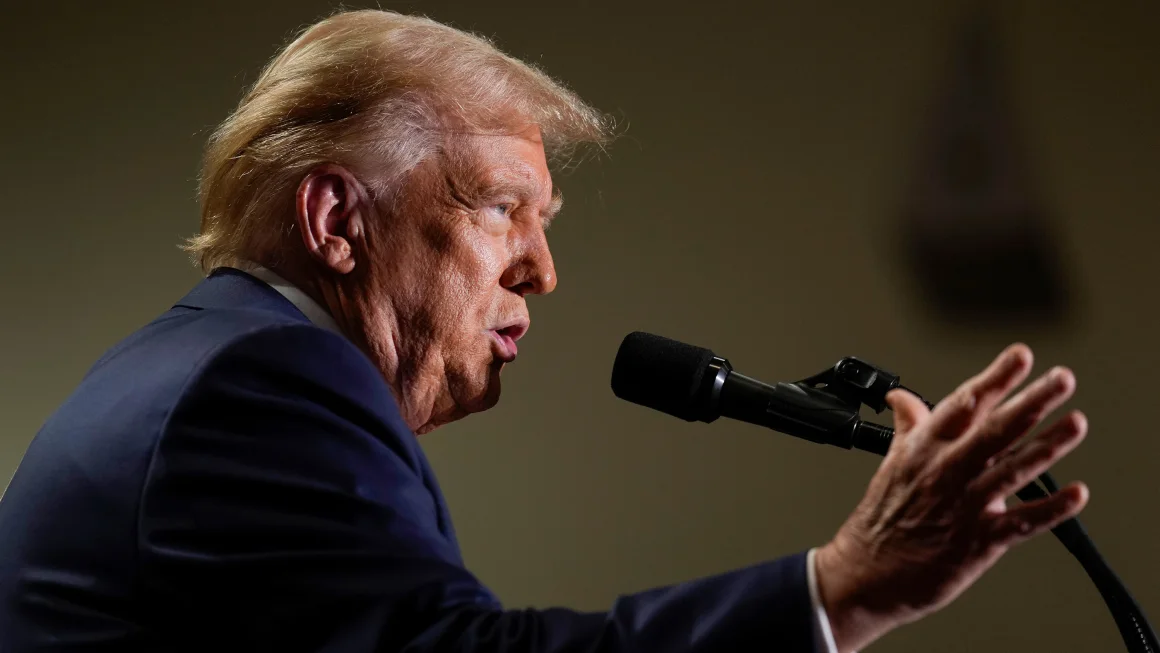In typical Donald Trump fashion, the former president once again unleashed personal attacks, this time aimed at Vice President Kamala Harris. Speaking at a campaign rally in Erie, Pennsylvania on Sunday, Trump questioned Harris’ mental state—a continuation of similar insults from the previous night in Wisconsin.
Thank you for reading this post, don’t forget to subscribe!Trump’s Latest Jab: “Born That Way”
Trump didn’t hold back. Referring to both Harris and President Joe Biden, he said, “Joe Biden became mentally impaired. It’s sad, but lying Kamala Harris, honestly, I believe she was born that way.” The remark was not only another instance of his divisive rhetoric but also a strategic pivot to blame Harris for illegal immigration. In his view, no one “mentally competent” could have allowed the current immigration situation to unfold.
GOP Allies: Please Stick to the Issues
However, not everyone in the Republican Party is thrilled with Trump’s focus on personal attacks. Several GOP figures have urged the former president to steer the conversation toward policy matters instead.
Republican Senator Lindsey Graham, a key Trump ally, appeared on CNN’s “State of the Union” on Sunday morning and offered a polite critique. “I don’t think Harris is mentally impaired,” Graham said, adding that her policies are “crazy liberal” but stopping short of attacking her personally. His advice to Trump? “Focus on the economy, the border, inflation, and foreign policy—issues where voters trust you more.”
House Majority Whip Tom Emmer echoed this sentiment, stating, “I think we should stick on the issues.” Though he didn’t endorse Trump’s comments, he was clear about Harris: “She’s the wrong choice for America.”
Read more : What’s the Latest on the Trump-Harris Race? Depends on Who You Ask
Divisive Comments or Political Strategy?
Not everyone within the GOP is quick to criticize Trump’s rhetoric. Former House Speaker Kevin McCarthy, in an interview with CNN’s Manu Raju, refrained from condemning the former president’s remarks, instead pointing to immigration issues, albeit with questionable statistics. McCarthy’s non-committal stance highlighted the balancing act many Republicans face: condemning Trump risks alienating his loyal base, but supporting him can align them with divisive rhetoric.
Republican former Maryland Governor Larry Hogan, an outspoken Trump critic, was far less hesitant. Appearing on CBS’ “Face the Nation,” Hogan called Trump’s remarks “insulting not only to the vice president but to people who actually do have mental disabilities.”
Kamala Harris Responds
Vice President Harris’ campaign responded swiftly to Trump’s comments. Sarafina Chitika, a spokesperson for the Harris campaign, issued a statement saying, “Donald Trump is finally telling the truth to voters: He’s got nothing ‘inspiring’ to offer the American people, just darkness.” The campaign framed Trump’s remarks as indicative of his failure to present a positive vision for the country.

What’s the Bigger Picture Here?
Trump’s personal attacks aren’t a new tactic—they’re part of his well-established playbook. However, as some of his own party members point out, the upcoming election will hinge on key issues: the economy, immigration, inflation, and foreign policy. Trump’s fixation on personal insults risks overshadowing those crucial topics and alienating more moderate voters.
In contrast, the GOP’s ongoing dilemma lies in how they handle Trump: criticize him and risk facing his wrath, or support him and endorse the divisive rhetoric that continues to divide the party.
What’s Next for Trump’s Campaign?
With the election season in full swing, the former president is unlikely to change his strategy. But the pressure from some within his party to stay on message suggests a deeper conflict about the direction of the GOP.

